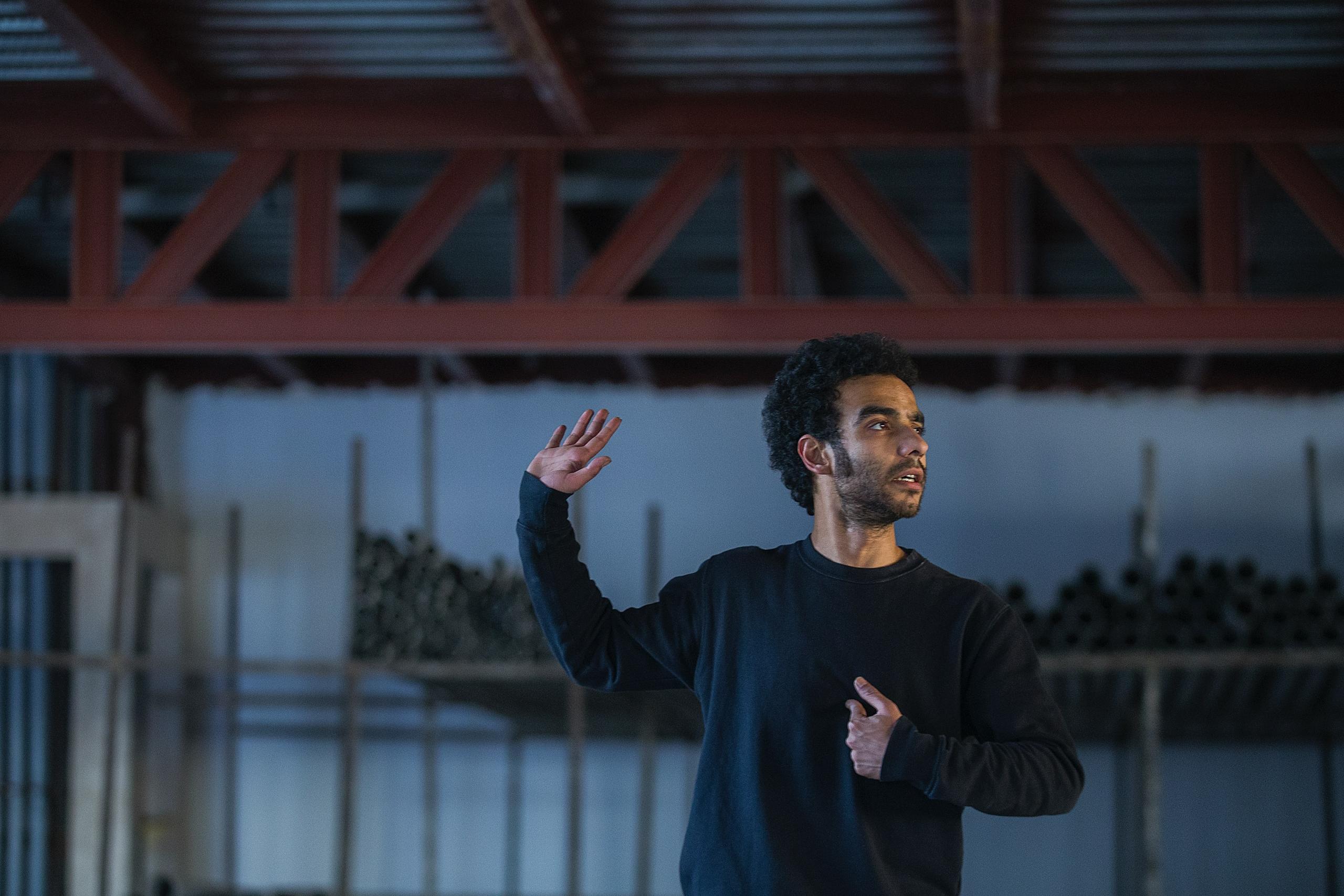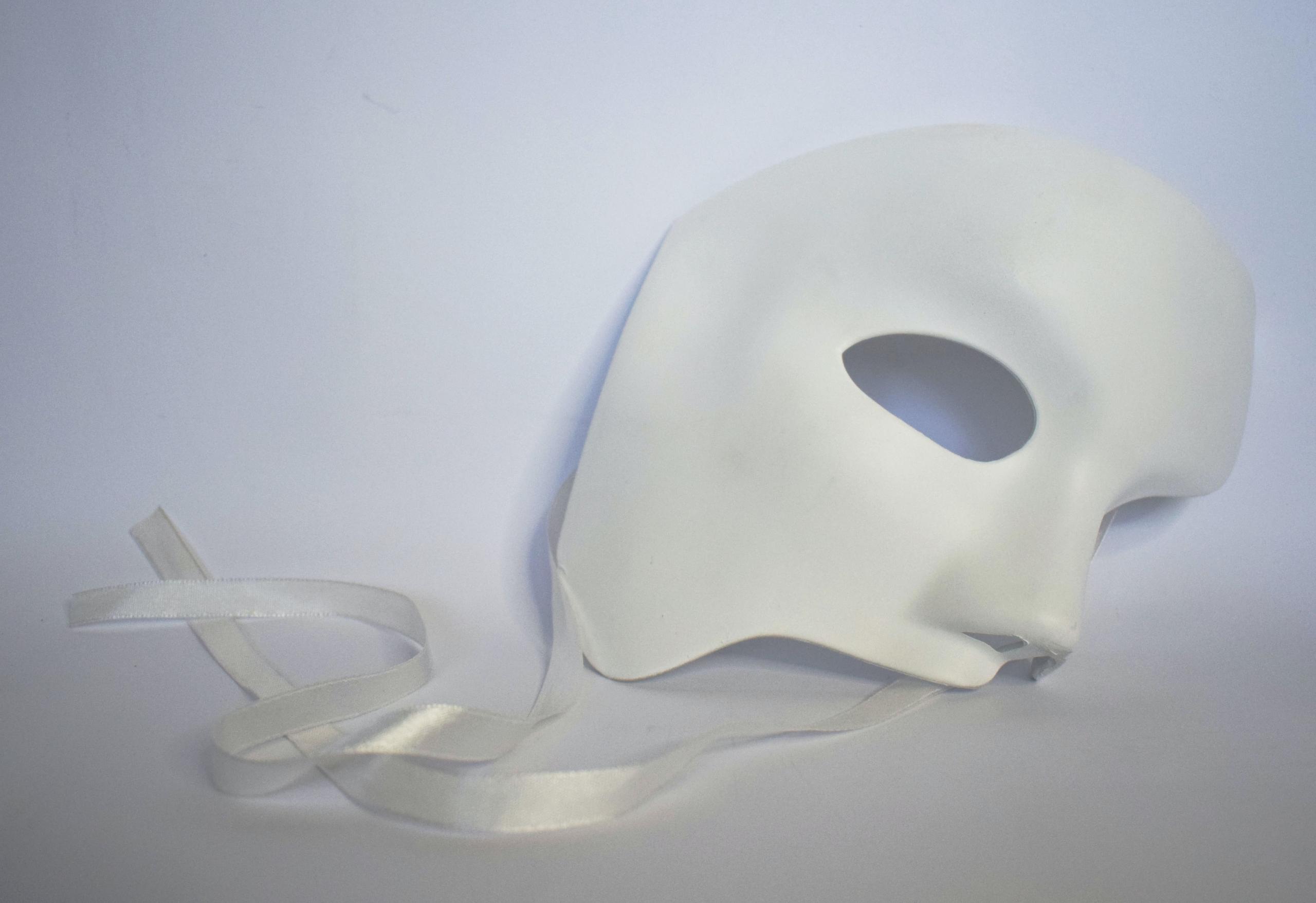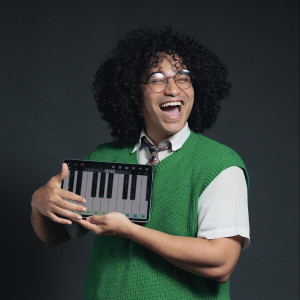So you’ve made it through your last year of NCEA Drama Level 3! Congratulations indeed. You’ve spent the year expressing certain truths in various different lights, showcasing your knowledge of Voice, Body, Movement and Space. You have perfected your use of conventions and know what certain technologies mean in reference to their effects on audiences. NCEA Drama Level 3 has even had you interpret other plays and playwrights to bring their unique work to life, as well as you crafting and channelling your own work. Everything from devising through to directing, you have managed to experience and hopefully gain those high marks you’re after. Now, are you ready to step up and tap into what’s required for your scholarship exam?

Brief Overview
This drama exam will have you perform three different tasks with various unique annotated answers submitted also. Basically, your performance skills will be at the centre stage for all three. You’ll submit a text-based performance, a self-devised piece and an improvised piece. All aspects will seek to stretch you in different aspects of what it means to be an effective and powerful performer.
How about the rest of the year? You can get a full overview of each assessment in the course here to catch up and stay ahead. Perhaps you're wanting to just see info on the Internals? Check this blog out here. Or if you would like a jump into the Study Guide there's always this to explore. Finally, if you want to look at some Past Papers check out this blog. Right, now back to that Scholarship!
What’s expected of you?
You will come into a room where your waiting room supervisor (who is your teacher from your school) will be there to greet you. This is a quiet space for you, and you will be expected to start to mentally prepare for the assessments ahead. You will be wearing plain, non-descript clothing, so will be solely relying not on technologies, but your drama elements learned. There will also be no audience, so just imagine that there is an imaginary one near the point where the camera is, not directly at the camera. There will be a warning signal used during the three performances, this will help to indicate where you are up to within the context of the assessments. You will want to arrive 20 minutes before the assessments starts, so make sure you are on time. This will make you feel more relaxed and prepared for what you need to do. You will be bound to the waiting room while others submit their performances and the only way you will leave it, is to go to the performance space. While in the waiting room, it’s a great idea to warm up and get your body and voice all ready for what’s to come. When it’s your turn to go, you will hand over an annotated script for parts 1 and 2 plus an authenticity declaration, which you can find on the NZQA website.

Part 1- First up we have the Text-based performance
This will be written by an established playwright. If your still not sure where to look, then have a peruse at the prescribed playwrights for AS91514. You must select and prepare an excerpt from one of the playwright's plays and then perform it in front of the examiners. Just some keywords to remember that the play must be 'widely established' or 'critically acclaimed'. Now straighten that back and boom out that voice because the next part involves you giving a verbal introduction that unpacks an analysis of your chosen play. This will involve you speaking as to the significance of the extract in the play and then how you have interpreted the play’s key themes and moods. You’ll also need to mention the performance intentions as well. What are performance intentions? This is what you hope to bring across and portray to the audience. How will you best communicate this to the examiner/audience? Remember your introductory analysis will be done right at the start of the exam and you are not allowed to provide any written prompts. It might be worth taking some time prior to the exam to practice your public speaking as the introduction will not be made in a character, but you will be representing yourself. You’ll have a duration of five minutes to perform your entire exert as well as give your introduction, so it’s worth practising this ahead of time so that you are all prepared and succinct. Aim to spend 90 seconds on your introduction so you can give more attention and energy to your actual performance. The only written aspect here is to provide the examiner with an annotated script from your play’s excerpt so that the examiner can follow along and see your creative choices.


Part 2- Your Self-devised piece performance
For this assessment, you’ll need to flex those devising muscles again that you have been utilizing throughout your year in various different achievement standards. Here you will need to gain inspiration from one of the established theatre practitioners, but of course, it will be your own work that you have written and will perform originally. You’ll also need to make sure that your performance for Part 2 is significantly different from Part 1. This means that you will need to for instance pick contrasting moods, themes or differing purposes. Anything that makes each Part distinctive of each other and be set apart. As with Part 1, this Part 2 will also need an introduction where you will be required to tell the examiner a few key things. These include identifying your theorist, theatre practitioner or theatre company, a set of reasons as to why you have chosen to perform this particular piece and, finally to explain the creative and performance choices. Your verbal introduction will be recorded as with Part 1. Unlike Part 1 you will have a total of 6 minutes to both quickly introduce your work and then complete your devised performance. This introduction will be 2 minutes, so a bit longer this time. This is because as it is devised there is a little bit more insight that the examiner is requiring from you to fully comprehend your devised piece. You will also need to provide an annotated script that gives a whole bunch of details of your script and drama intentions and choices. You might also want to include vital pieces of information like Voice, Body, Movement, Space decisions, key conventions used and any basic technology that you will be using throughout the duration of the performance.
Part 3- Have some fun with Impromptu Performance!
Some students can get a bit intimated by impromptu performance as it is so much different to the other aspects of drama, where a lot of the beats are clearly planned and structured. But do not worry, see it as a controlled way to let loose and truly test your dramatic chops! Here you will need to control and discuss the elements of drama in a new context. You will be handed an assigned prompt for you to look at and plan with. You will then be given just 6 minutes to plan and justify your creative choices and intentions, to then perform quickly after that. This will also need to be recorded in front of the camera so that it is documented. Within your justification, you will need to explain how you have met certain aspects of the task. You’ll also need to explain how you have knitted in drama theory throughout your performance. You can include comments that are analytical that explain your reasonings. Or maybe you want to include a reflection and explain the intentions of the performance. Compare how your performance went and how it was carried out compared to what you had planned. If you were unable to apply an element for example, how did you go about finding other remedies and solutions? If your intention was to do something and you didn’t quite reach that, how did you work around this?

Assessment wise what will you need to bring to the table?
In order to be endorsed with NCEA Level 3 Drama Scholarship, you will need to display a high degree of critical thinking as well as a good amount of analysis skills. This will involve your ability at integrating your application of knowledge, skills and your general understanding of key drama concepts. To apply these with a sense of clear development and precision is also extremely important to doing well in the three assessments. Bring a good amount of clarity to your ideas. The key is also to be sustained over each performance piece, showing a high degree of perceptiveness and insight both in your performance and in your intention for the performance. Your ability to demonstrate abstract ideas and solidify them in performance is also paramount. And finally, maintain a sense of commitment to the performance, showing clear convincing communication.
Wanting some extra assistance?
Want some extra help with prepping for these exams or perhaps getting your head into those internals? Do not worry, log on to Superprof and have a look for your next tutor to help. Superprof has a range of tutors all available from a wide range of subjects to help you along with your NCEA Level 3 Drama journey. The first lesson is free so there really is a huge incentive to get out there and see if tutoring is right for you. Tutors can help with clarification of course material, provide support and give extra resources as well if you are stuck. Check out Superprof today!
Summarise with AI:















